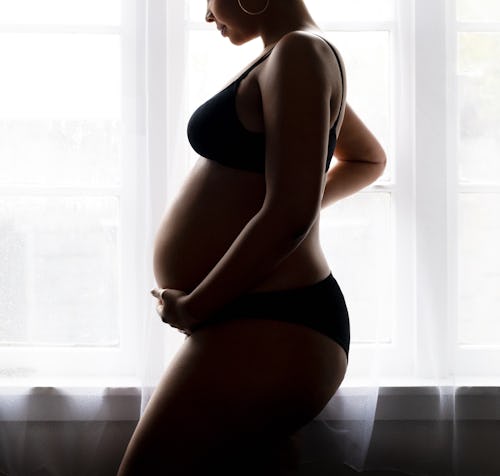Why a national abortion ban would be especially deadly for Black women
A new study sheds light on a disturbing disparity.

It’s painfully evident that Black Americans bear the brunt of the systemic racism codified into our country’s laws. But its toll is magnified in Black women, who deal with the thorny intersection of both racism and misogyny — making the rising tide of anti-abortion legislation all the more worrisome. While the Supreme Court hears arguments for Texas’s draconian abortion laws — which ban abortion after six weeks (when many people don’t even realize they’re pregnant), and authorizes private citizens to sue anyone who helps someone get an abortion — 10 other states face legal challenges for passing similar laws, according to a CU Boulder press release. Now a new study has put numbers to the impacts of such legislation, concluding that banning abortion will screw over Black women the most.
The study, which appeared October 25 in the journal Demography, found that a national abortion ban would lead to a 21% rise in the number of overall pregnancy-related deaths — and a 33% rise in such deaths among Black women, CU Boulder reported.
The findings push back against the prevailing narrative about the dangers of banning abortion, the CU Boulder release explained, which tend to center on shady “back-alley” or DIY abortions. While deaths from these incidents reached somewhere in the hundreds before the Roe v. Wade ruling in 1973, they’re way less common now due to self-managed abortions, which can be safely done with medications like Misoprostol.
The real risk lies in staying pregnant. “The takeaway here is that if you deny people abortion, pregnancy-related deaths will increase because staying pregnant is more dangerous to a woman than having an abortion,” study author Amanda Stevenson, an assistant professor of sociology at CU Boulder, told the university. Per the CDC, carrying a pregnancy to term is 33 times more dangerous than having an abortion.
But that risk is even more acute for women of color, who are more likely to seek abortion, CU Boulder pointed out. Because they have worse access to housing, jobs, healthcare, and other opportunities, Black women are especially likely to do so — and if they don’t, they face a threefold higher risk of death from pregnancy-related causes than their white counterparts, according to the CDC. Experts trace this disparity to chronic stress from the racism and sexism they experience over their lifetimes, including from healthcare professionals who don’t take their pregnancy-related health concerns seriously.
In the new study, Stevenson combed through statistics on the annual number of births and abortions in recent years. Then she applied pregnancy-related mortality statistics to the additional number of births that would occur under an abortion ban. “Non-Hispanic Black people would experience the greatest increase in deaths,” she wrote in her paper.
In short, banning abortion will kill pregnant people, and Black women in particular — not from coat hanger and back alley attempts, but the harder-to-swallow reality that America makes pregnancy deadlier for some people than for others.